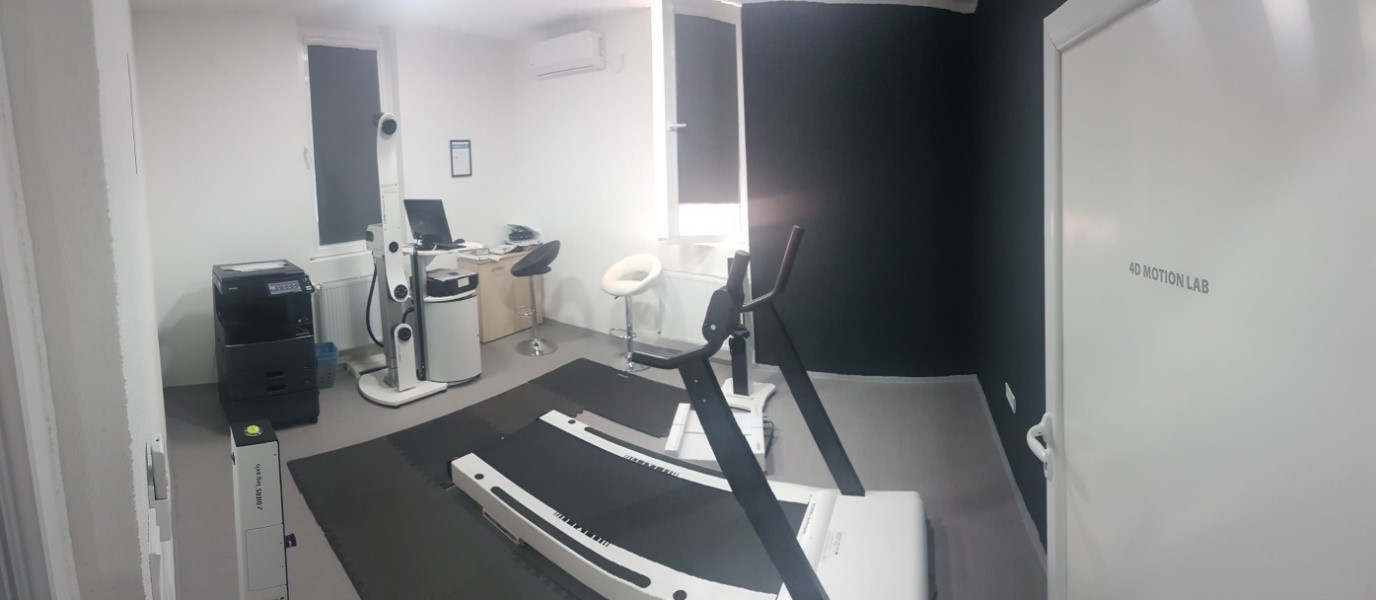Diagnostic centres have been opened in Knjazevac in Serbia and Vidin in Bulgaria to help detect, prevent and manage postural and musculoskeletal disorders (PMSD) in schoolchildren. This is achieved through regular screenings with state-of-the-art technology, and by encouraging physical activity.
- 21 May 2019
“The new diagnostic equipment allows the patient to be screened without exposure to X-rays or other radiation. It is completely safe and harmless. We can test any child and detect a deformity in its earliest stage, which gives us a chance to correct it until a child is 16 to 17 years of age.”
In the cross-border region between Serbia and Bulgaria, medical surveys have found an exceptionally high prevalence (over 50 %) of PMSD in schoolchildren. These abnormalities previously remained undetected because of a lack of dedicated national screening programmes, leading to chronic dysfunctions and permanent disabilities in adulthood.
The project established the two centres, which are equipped with innovative German technology for non-invasive, radiation-free screening. Screenings, diagnostic reports and recommended corrective exercises are provided to 2 000 schoolchildren free of charge. A sports competition in Vidin for the children undergoing treatment was organised, as well as a conference in Knjazevac to raise public awareness on pediatric PMSD.
Corrective gymnastics
The diagnostic centres have been equipped with the latest technology for rapid postural and spinal analysis. Children found to have a PMSD condition are then treated by using courses of corrective gymnastics developed during the project. Specific exercises are tailored to the individual needs of the children between an initial and control screening.
In total, 720 hours of corrective gymnastics have been offered to children free of charge. The positive results of this therapeutic rehabilitation were demonstrated during the sports event in Vidin. The methodology used in the remedial gymnastics has been made available on the project website in English, Bulgarian and Serbian.
An analytical report provided policy recommendations for the sustainable improvement of physical skills, well-being and quality of life for young people in the region.
Job creation
The centres have given people in both cities the opportunity to be examined for postural and musculoskeletal disorders in their own area. The centres are unique to both countries and the project is expected to increase the popularity of both municipalities, attracting visitors from elsewhere who would like to undergo non-invasive and radiation-free examinations.
Seven jobs have been created through the establishment of both diagnostic centres. The Sports Association of Knjazevac created positions for four members in the project management team as well as contracting external companies. These companies provided two experts to screen children and four therapists for the corrective gymnastics. Three physical education students were also trained. In Vidin, three people were hired in the management team and external companies were hired to provide two medical experts to screen children, four therapists and seven trainee therapists for the corrective gymnastics.
Total investment and EU funding
Total investment for the project “Development of diagnostic centres for postural and musculoskeletal disorders in school children in Serbia and Bulgaria” is EUR 577 397, with the EU’s Instrument for Pre-accession Assistance (IPA II) fund contributing EUR 490 787 through the “Interreg-IPA Cross-border Cooperation Bulgaria-Serbia” Operational Programme for the 2014-2020 programming period. The investment falls under the priority “jobs, growth and investment”.

